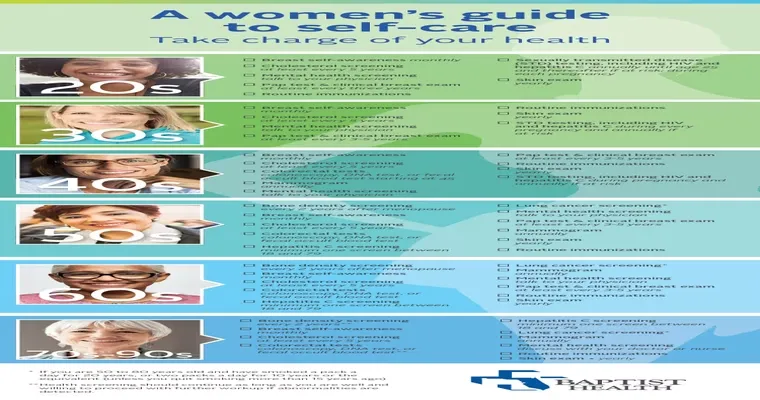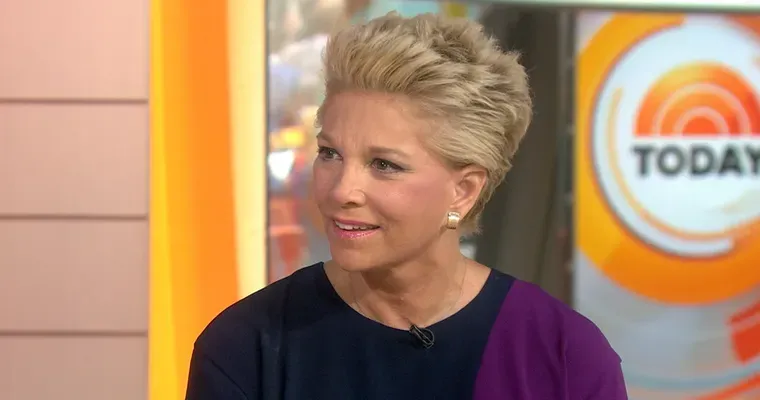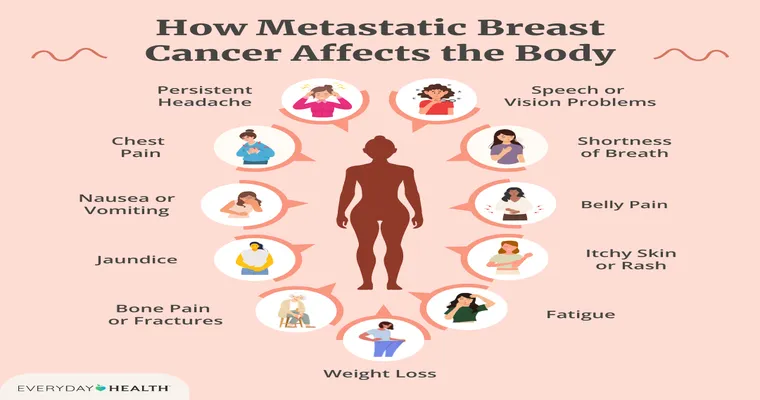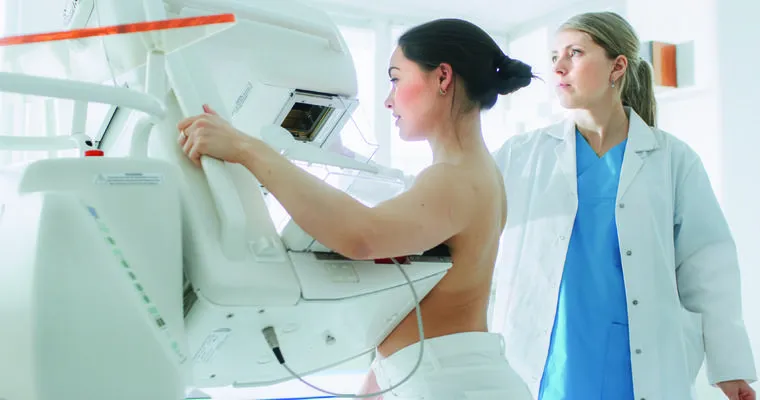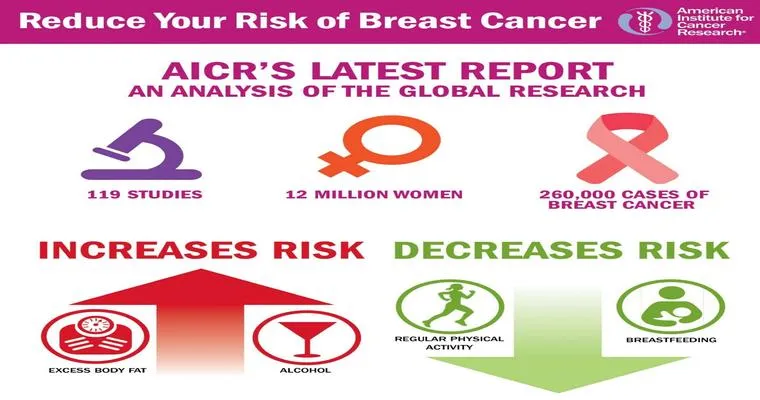Being a "female caregiver" often means putting others' needs before your own. While caring for loved ones is rewarding, it can also be physically and emotionally demanding. This makes it crucial for caregivers to prioritize their own health. Regular "medical tests" are vital for maintaining well-being and preventing potential health issues. Here are some essential routine medical tests that female caregivers should never skip.
Annual Physical Exam
An "annual physical exam" is the cornerstone of preventive healthcare. During this comprehensive check-up, your doctor will assess your overall health, monitor vital signs, and conduct necessary screenings. This is an excellent opportunity to discuss any health concerns you may have and to ensure that you are up to date on vaccinations.
Blood Pressure Screening
Regular "blood pressure screenings" are essential, especially for women over the age of 40. High blood pressure can lead to serious health complications, including heart disease and stroke. The American Heart Association recommends checking your blood pressure at least once every two years, or more frequently if you have a history of hypertension.
Cholesterol Levels
Monitoring your "cholesterol levels" is critical for maintaining heart health. High cholesterol can be a silent threat, increasing the risk of heart disease without any noticeable symptoms. Women should start having their cholesterol checked every four to six years from the age of 20, and more often if they have risk factors like obesity or a family history of heart disease.
Blood Sugar Testing
As a caregiver, you may be more susceptible to stress-related conditions, including "diabetes". Regular blood sugar testing can help identify pre-diabetes or diabetes early on. The American Diabetes Association recommends screening for diabetes every three years starting at age 45, or earlier if you have risk factors such as obesity or a family history of the disease.
Pap Smear and HPV Testing
For women, "Pap smears" and "HPV testing" are crucial for cervical cancer screening. The guidelines suggest starting Pap tests at age 21 and continuing every three years until age 29. From ages 30 to 65, women can opt for a Pap smear every three years or a Pap smear combined with HPV testing every five years. Early detection can save lives, making these tests vital.
Mammogram
Breast health is another important aspect of women's health. A "mammogram" is a specialized X-ray that can detect breast cancer early, often before symptoms appear. Women should begin discussing mammogram screenings with their healthcare provider around age 40 and plan to have one every one to two years, depending on their risk factors and family history.
Bone Density Test
Women are at a higher risk of developing osteoporosis, especially after menopause. A "bone density test" can assess your bone health and determine your risk for fractures. The National Osteoporosis Foundation recommends that women have a bone density test at age 65 or earlier if they have risk factors such as a family history of fractures or use of certain medications.
Conclusion
As a female caregiver, your health and well-being should never take a backseat. Scheduling and attending these routine "medical tests" is essential for catching potential health issues early and ensuring that you can continue to care for your loved ones. Prioritize your health, and don’t hesitate to reach out to your healthcare provider to discuss any concerns or questions about these important screenings. Remember, taking care of yourself enables you to be the best caregiver possible.

